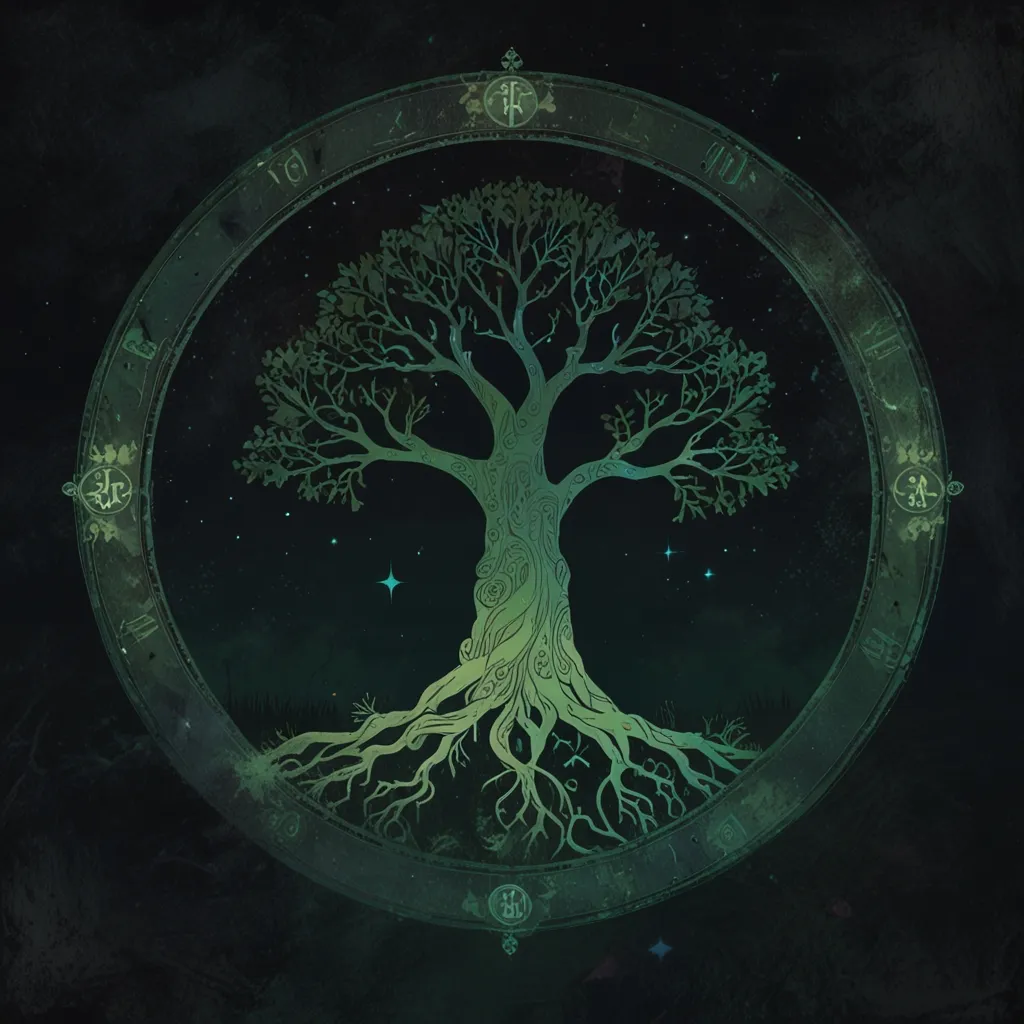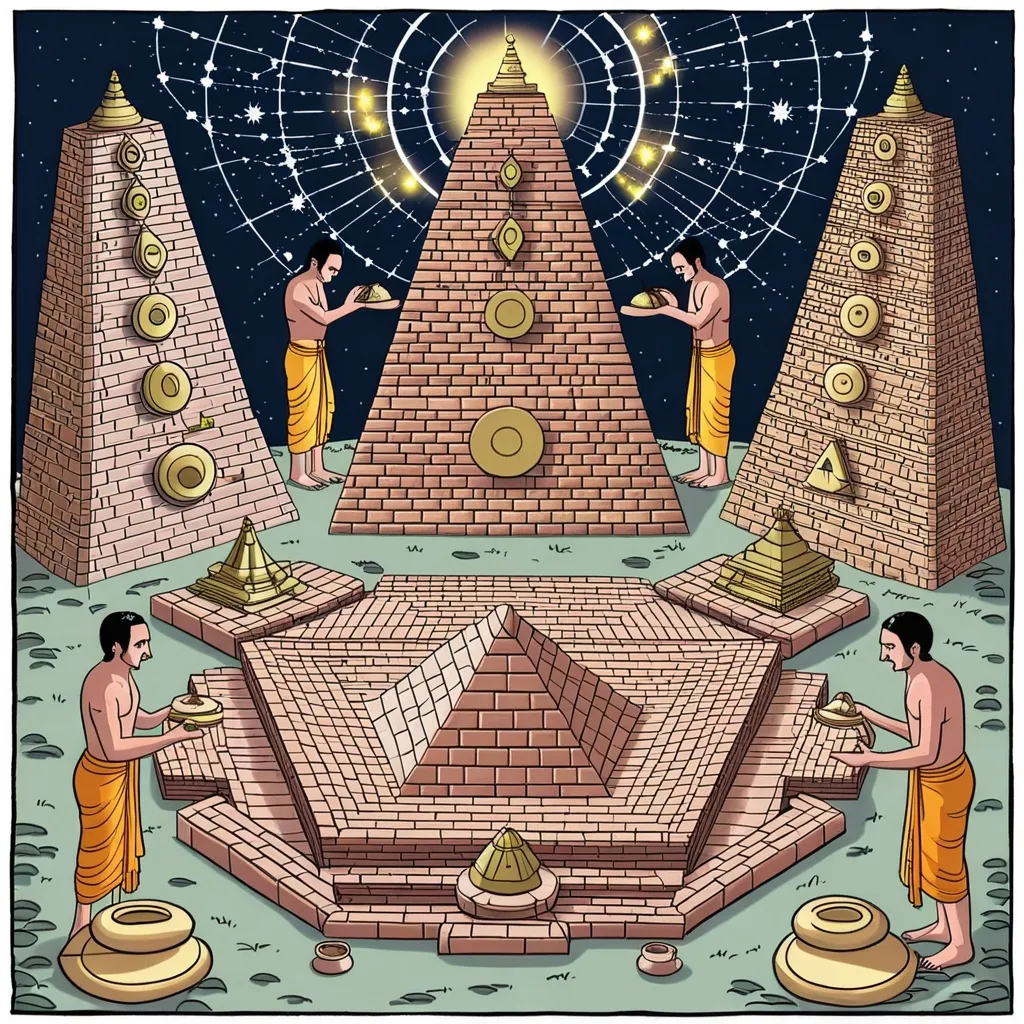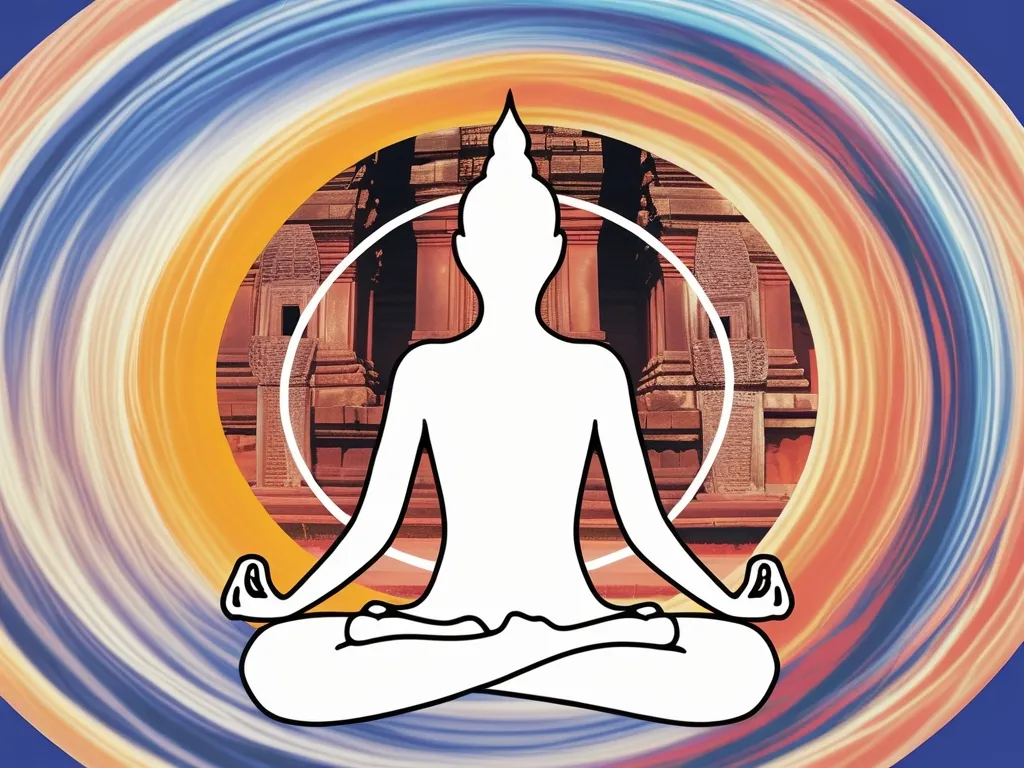The Rigveda, one of Hinduism’s most ancient and cherished texts, is a mind-blowing collection of wisdom, brimming with insights into how societies can flourish. Composed over three millennia ago, these hymns offer more than just spiritual guidance. They set the stage for ethical and moral values that are strikingly relevant even today.
Dharma: The Pillar of Righteousness
At the very core of Vedic ethics lies dharma, which can be understood as righteousness and duty. The Rigveda really presses the idea that everyone, whether you’re a student, a householder, a hermit, or an ascetic, should follow their dharma. This involves fulfilling obligations to family, society, and even the divine. It’s not just a personal virtue but a societal one, crucial for maintaining order and harmony in the world. Without dharma, social and moral chaos would reign, guiding us to lead lives that are truthful and just.
Ahimsa: The Principle of Non-Violence
We’ve all heard about the principle of non-violence, or ahimsa. The Rigveda takes this idea beyond just avoiding physical harm. It’s about avoiding mental and emotional harm too. You’re encouraged to develop compassion and empathy and to avoid hurting any living being. Ahimsa isn’t just a value you casually hold; it’s a lifestyle, fostering a society where all beings can coexist peacefully without fear or harm.
Satya: The Virtue of Truthfulness
Truthfulness, or satya, is deeply valued in Vedic ethics. The Rigveda teaches us that honesty and truthfulness are absolutely essential for maintaining moral integrity and fostering trust within society. No matter how tough the situation, upholding the truth is emphasized as a key virtue. It’s regarded as one of the primary virtues, ensuring that both actions and societal stability align with moral integrity.
Daya: Compassion and Empathy
Compassion, or daya, is highly stressed in the Rigveda. You’re urged to be kind, empathetic, and considerate, treating everyone with respect and care. This helps to foster a sense of community and cut down social disparities. Compassion is seen as a universal duty, essential for the well-being of all living beings. It’s something that makes the world a bit brighter and more bearable for everyone.
Austerity and Self-Discipline
The Rigveda talks a lot about self-discipline and austerity. These are seen as ways to control one’s desires and impulses. By cultivating self-discipline, you can develop inner strength and detach from material desires. Living a life of self-discipline not only contributes to spiritual growth but also positively impacts society. It’s about finding that balance and knowing when enough is enough.
Respect for Elders and Teachers
Respect and reverence for elders, parents, and teachers get a lot of airtime in the Rigveda. These values help in preserving family and societal harmony. You’re encouraged to honor your elders and teachers for the wisdom and guidance they offer. It’s like tapping into a well of experience and knowledge that can guide you through life’s ups and downs.
Sharing and Generosity
Generosity, or dāna, is considered a high virtue in the Rigveda. Sharing wealth and resources with those in need helps build a sense of community and reduces social disparities. Giving selflessly is emphasized and is believed to offer returns many times over. It’s a simple principle: what goes around comes around. Sharing isn’t just about giving away, it’s about creating a cycle of kindness and support.
Environmental Consciousness
The Rigveda acknowledges the interconnectedness between humans and nature. It encourages responsible stewardship of the environment and promotes sustainable practices. This environmental consciousness is vital, as it recognizes the importance of preserving nature not just for ourselves, but for future generations too. It’s like having a long-term insurance policy for the planet.
Humility and Humbleness
The importance of humility and modesty is deeply ingrained in Vedic ethics. You’re advised to stay humble in your actions, achievements, and interactions with others. Humility helps in maintaining harmony and avoiding conflicts within society. It’s about recognizing that everyone has something to offer and no one is inherently superior.
Detachment and Renunciation
The Rigveda gets real about the temporary nature of worldly pleasures. It suggests cultivating detachment from material possessions and desires, which leads to a more focused pursuit of spiritual growth. This sense of detachment helps in achieving inner peace and contributes to a more balanced and harmonious society. It’s like shedding unnecessary baggage to travel lighter and go further.
Merits and Virtues
In Vedic rituals and philosophy, terms like sukṛtám and púṇyam denote meritorious actions or their resulting rewards. These virtues are linked to achieving heaven and immortality. Brave warriors, generous patrons, ascetics, and mystics who have performed such meritorious actions are often highlighted. Virtues like bravery, liberality, and asceticism are recognized as key qualities for achieving spiritual goals.
The Role of Wealth
The wise use of wealth comes under serious scrutiny in the Rigveda. It advocates for using wealth for self-improvement, achieving economic stability, and for charitable purposes. Wealth should serve the welfare of society, aiming for the common good. The idea is clear: what you give to others selflessly will find its way back to you, highlighting the importance of generosity and sharing.
Universal Duty
A key takeaway from the Rigveda is the universal duty of compassion for all beings. Whether it’s your fellow human beings, insects, or animals, the message is to share and coexist. This becomes a natural way of life and even influences corporate social responsibility, ensuring that societal well-being remains a priority.
The Interconnectedness of Life
One of the most beautiful aspects of the Rigveda is its teaching about the interconnectedness of all life forms. The principle of “Idam-na-mama” – “this is not mine; it is for collective well-being” – reflects this. Elements of nature like the ocean, sun, stars, moon, wind, and trees all operate with the idea of benefiting others, not themselves. This interconnectedness encourages a life in harmony with nature and other beings.
In wrapping up, the Rigveda offers a rich tapestry of societal virtues that are astonishingly relevant even in modern times. From dharma and ahimsa to satya and daya, these principles guide you toward leading a virtuous and meaningful life. Embracing these values helps you contribute positively to society, foster harmony, and achieve spiritual growth. The Rigveda’s wisdom is timeless, offering insights that guide us towards a more compassionate, truthful, and sustainable existence.






